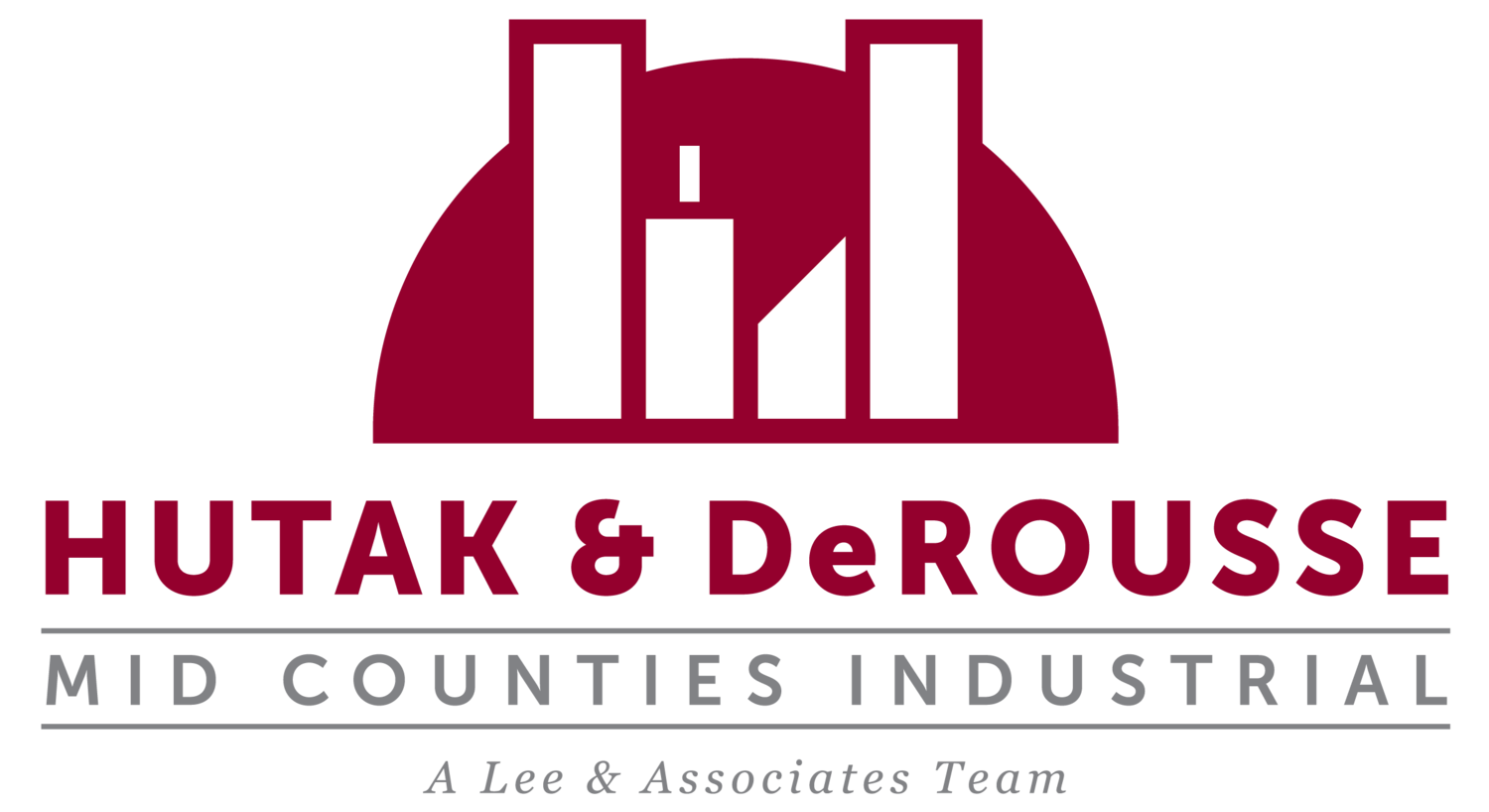As a tenant occupying industrial space, it is important for you to know about a looming threat to increase the property taxes passed through to you by your landlord. Necessary signatures have been obtained for a proposition to be placed on the 2020 General Election ballot that would split the property tax rolls and remove Proposition 13 protection for commercial properties.
Since 1978, the base levy for all real properties has been set at 1% of the acquisition price of the property, plus existing and future municipal assessments. The base levy cannot be increased by more than 2% each year. The so-called California Schools and Local Funding Act, would leave residential property and agricultural land under Prop 13 protection, but would allow for the annual reassessment of commercial property to full cash value for tax purposes. This would effectively eliminate the 2% annual cap on the base tax levy and expose taxpayers to large annual property tax increases.
Your lease most likely obligates you to pay all or a portion of the property taxes on the space you occupy. If you are on a net lease, you pay all the property taxes due during the term of your lease. If you signed an industrial gross lease, the property taxes for the “base” year (usually the first year of the lease) are included in your rental rate, and annual increases thereafter are passed through to you, either through a direct billing from your landlord in the case of freestanding buildings, or via an increase in your CAM charge (common area maintenance) that you pay along with your rent if you are in a business park.
The amount you pay for property tax is determined by what your landlord paid for the property. If he acquired it in the 1990’s when prices were low, chances are that your taxes are a fraction of what they would be if the property were acquired in the last year or two, when prices hit all-time highs. In fact, a typical 10,000-square-foot industrial building acquired in 1995 for $650,000 is probably worth $2,250,000 or more today.
Under the proposed law, that property could be immediately reassessed to its current value and the base levy would be increase to 1% of $2,250,000, more than doubling (after compounding 2% increases to the original base levy for 22 years) to almost 19 cents per square foot per month in a single year. That entire cost would be passed on to you unless you negotiated some additional protection against tax increases before signing your lease. But, with supply so tight and vacancy so low, few landlords are inclined to grant such a concession. If he did agree to pick up that increase of approximately $13,200 per year, it would reduce the value of the property by $264,000 at today’s market capitalization rate of 5%. If you were the landlord, you would probably dig your heels in on this one, too.
So, what does this mean to you going forward? It means you will be paying more for your next building unless property values head down, or the balance between supply and demand swings back in the favor of tenants and landlords are forced to lower lease rates or share the increase in taxes. However, even if the market does go through a correction and the vacancy rate tripled, it would still be in the 6% range. That’s how tight things really are today.
We have read the law and it is clear to us that the authors lack knowledge in terms of how the commercial property market works. Their intention was to stick it to wealthy property owners who they feel are taking advantage of a loophole by following a law that has been around for 41 years. The unintended consequences of their naivte could be disastrous to the industry, but we think it will pass anyway because the law is expected to generate upwards of $11 billion per year in additional revenue to schools and local governments. That means every school district, public employee union and local government will using its lobbying muscle to get the proposition passed. The opposition will come from commercial property owners and property services industries, which lacks the cohesiveness to mount substantial opposition. The vast majority of voters don’t own commercial property and are likely to vote in favor of raising additional revenue that won’t cost them a dime.
The issue is just now coming up on the media radar. We are doing our best to learn more and will pass information along to you as we get it. In the meantime, please contact us if you have any questions.
Joel Hutak
714.564.7169
jhutak@lee-associates.com
DRE# 01411356
Phillip DeRousse
714.564.7141
pderousse@lee-associates.com
DRE# 01933061


